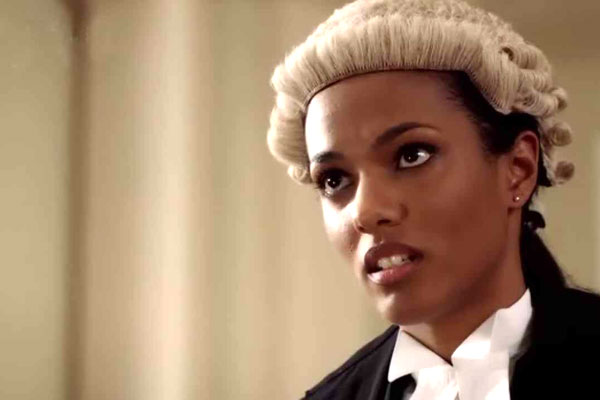Objection Overruled | Issue 12
Downloading and copyright infringement
You wouldn’t steal a car would you? What about a handbag? It seems that the majority of us would. Illegal downloading has proliferated in recent years, prompting new legislation to prevent it. The Copyright (Infringing File Sharing) Amendment Act 2011 is directed at those who repeatedly infringe copyright by downloading via peer-to-peer file sharing technology.
The new legislation operates as a 3-strike system under which Detection (first), Warning (second) and Enforcement (third) notices are issued. The account holder incurs the absolute liability for infringements. A rights owner who detects an infringement from an Internet Protocol (IP) address, informs the Internet Service Provider (IPAP). The IPAP then decides which strike to issue, based on its records. Subsequent to an Enforcement notice, the Copyright Tribunal can levy a penalty of up to $15,000.
Note that each copyright owner allows three strikes so it is possible to incur, for instance, warning and detection notices simultaneously from different rights owners. There is a 28-day “on-notice” period after the issuance of each notice, and notices issued within this period do not count towards your next strike. They will, however, be considered by the Copyright Tribunal in determining your penalty if things go that far. The Act also allows for a District Court order to suspend a person’s internet account for up to six months, after an Enforcement notice has been issued. Such orders cannot be made under this section until the Governor-General authorises, which is not expected to happen until at least next year.
The reason for this may be a United Nations report, released in May 2011, which stated that such suspension is a human rights violation. Even if a person had violated intellectual property laws, cutting off their internet was a disproportionate response and thus contrary to one’s freedom of expression and freedom of association (International Covenant on Civil and Political Rights). The report urged countries not to adopt such intellectual copyright laws and to amend any already in existence. I wonder what Kim Dotcom would have to say about this, he’s not able to crone the internet whilst on bail.
–Alice O’Connell







